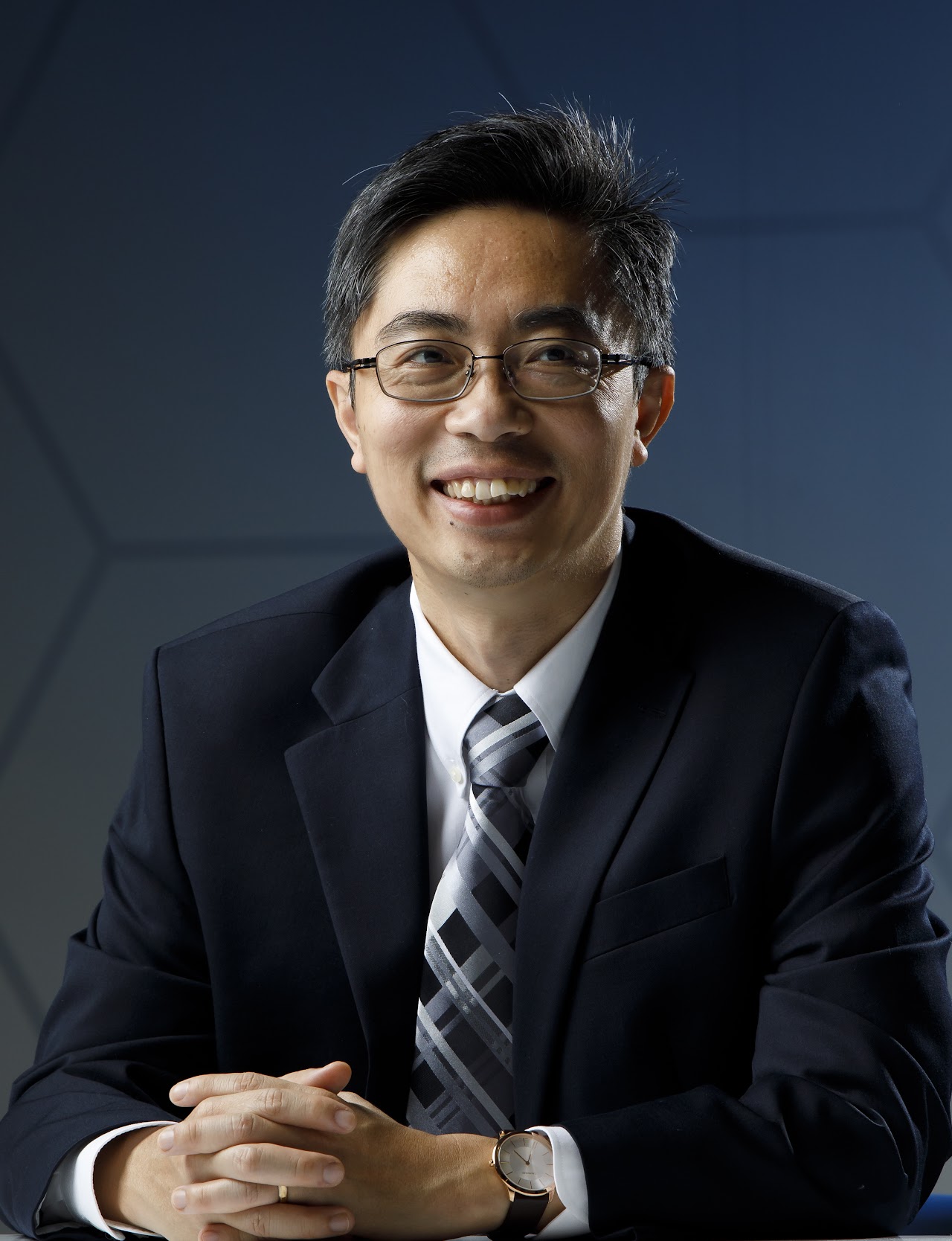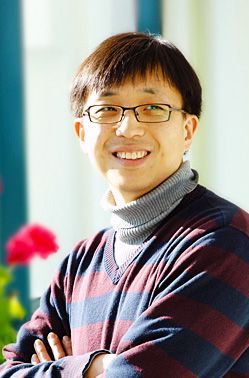GPGPU 2023
The 15th Workshop on General Purpose Processing Using GPU (GPGPU 2023)
Feb 25 Full Day, 2023, Montreal, Canada
Zoom Link: https://ucmerced.zoom.us/j/83338827843?pwd=SlN1UkNNNmpuaEVBWURGSG5wSllSdz09
Workshop Program
| 9:00 AM - 9:10 AM | Opening Remarks |
| 9:10 AM - 10:00 AM | [Keynote I]
Challenges and Opportunities in Providing Trusted Execution Environment on GPUs Yan Solihin, UCF
▶
Abstract
▶
Recording
|
| 10:00 AM - 10:30 AM | Break |
| 10:30 AM - 10:50 AM | [Regular Paper]
GPU Auto-tuning Framework for Optimal Performance and Power Consumption Sunbal Cheema and Gul Khan (Toronto Metropolitan (formerly Ryerson) University)
▶
Abstract
▶
Recording
|
| 10:50 AM - 11:10 AM | [Regular Paper]
LATOA: Load-Aware Task Offloading and Adoption in GPU Hossein Bitalebi (KTH Royal Institute of Technology), Vahid Geraeinejad (KTH Royal Institute of Technology), Farshad Safaei (Shahid Beheshti University) and Masoumeh Ebrahimi (KTH Royal Institute of Technology)
▶
Abstract
▶
Recording
|
| 11:10 PM - 12:00 PM | [Invited Talk]
AMD Instinct ROCm Software Ecosystem and HIP Programming Support
Timour Paltashev and Trinayan Baruah, AMD
▶
Abstract
▶
Recording
|
| 12:00 PM - 1:20 PM | Lunch |
| 1:20 PM - 2:20 PM | [Keynote II]
On-Chip GPU Bandwidth Confusion John Kim, KAIST
▶
Abstract
▶
Recording
|
| 2:20 PM - 2:40 PM | [Regular Paper]
Understanding Portability of Automotive Workload: A Case Study with a Points-to-image Kernel in SYCL on Heterogeneous Computing Platforms Zheming Jin and Jeffrey Vetter (ORNL)
▶
Abstract
▶
Recording
|
| 2:40 AM - 3:00 AM | [Regular Paper]
Simple Out of Order Core for GPGPUs Rodrigo Huerta (Polytechnic University of Catalonia), Jose-Maria Arnau (Semidynamics) and Antonio González (Polytechnic University of Catalonia)
▶
Abstract
▶
Recording
|
| 3:00 PM - 3:20 PM | [Regular Paper]
Lightweight Register File Caching in Collector Units for GPUs
Mojtaba Abaie Shoushtary, Jose Maria Arnau, Jordi Tubella Murgadas and Antonio Gonzalez (Polytechnic University of Catalonia)
▶
Abstract
▶
Recording
|
| 3:20 PM - 3:40 PM | Break |
| 3:40 PM - 3:55 PM | [Short Paper]
Exploiting Scratchpad Memory for Deep Temporal Blocking
Lingqi Zhang (Tokyo Institute of Technology), Mohamed Wahib (RIKEN Center for Computational Science), Peng Chen (National Institute of Advanced Industrial Science and Technology), Jintao Meng (Shenzhen Institutes of Advanced Technology), Xiao Wang (Oak Ridge National Laboratory), Endo Toshio (Tokyo Institute of Technology) and Satoshi Matsuoka (RIKEN Center for Computational Science)
▶
Abstract
▶
Recording
|
| 3:55 PM - 4:10 PM | [Short Paper]
Understanding Scalability of Multi-GPU Systems
Yuan Feng and Hyeran Jeon (University of California, Merced)
▶
Abstract
▶
Recording
|
| 4:10 PM - 4:20 PM | Closing Remarks |
Important Dates
-
Papers due:
Novemeber 28, 2022December 9, 2022 - Notification: Jan 6, 2023
- Final paper due: Feb 17, 2023
Submission Guidelines
Full paper submissions must be in PDF format for US letter-size paper. They must not exceed 6 pages (all-inclusive) in standard ACM two-column conference format (review mode, with page numbers and both 9 or 10pt can be used). Publication in GPGPU does not preclude publication of longer submissions of the work to subsequent conferences or journals. GPGPU also accepts extended abstracts (2 pages including references) on work in progress of relevant topics. Authors can select if they want to reveal their identity in the submission. Templates for ACM format are available for Microsoft Word, and LaTeX at: https://www.acm.org/publications/proceedings-template
Submission Site: GPGPU 2023
Workshop Organizers
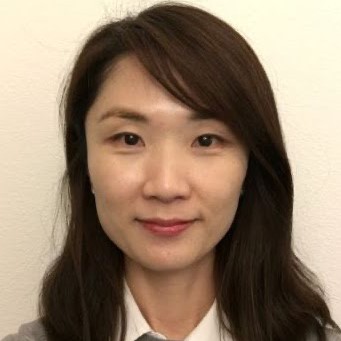 |
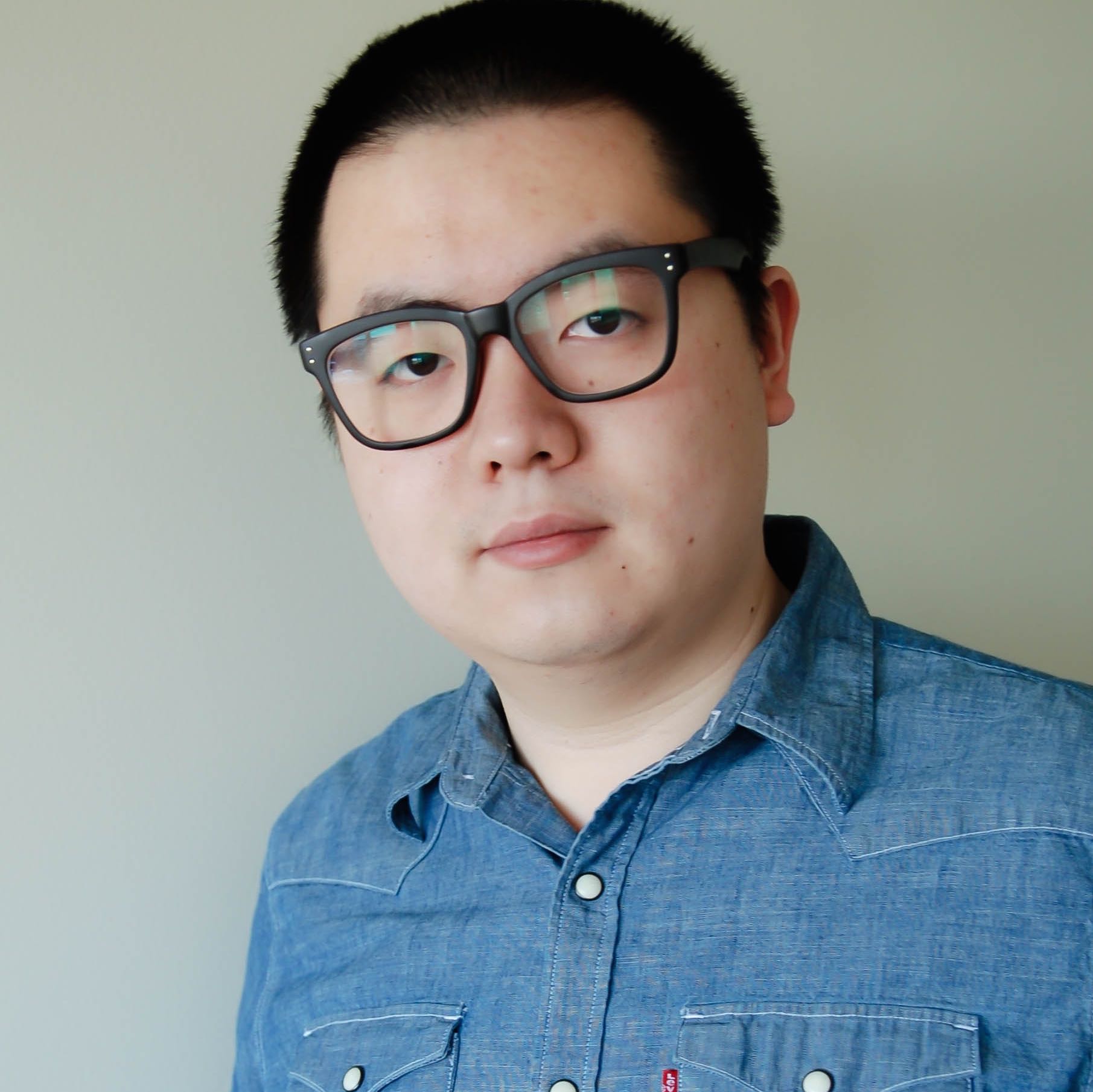
|
 |
| Hyeran Jeon | Yifan Sun | Daniel Wong |
| Co-chair | Co-chair | Co-chair |
| UC Merced | William & Mary | UC Riverside |
| Hyeran Jeon is an Assistant Professor in the Department of Computer Science and Engineering at the University of California, Merced. She received her PhD at the University of Southern California. Her research interests lie in energy-efficient, reliable, and secure GPU architectures. | Yifan Sun is an Assistant Professor in the Department of Computer Science at William & Mary since Fall 2020. He received his Ph.D. degree from the Department of Electrical and Computer Engineering at Northeastern University in 2020. His research interests lie in GPU architecture, performance evaluation, and performance modeling. | Daniel Wong is an Associate Professor in the Department of Electrical and Computer Engineering at the University of California, Riverside. He received his PhD in Electrical Engineering at the University of Southern California (USC). His research spans GPU Architecture, High Performance Computing, and Warehouse-scale Computing. His current research focuses on energy efficient and high performance computing systems from datacenter scale to micro-architectures. His research work has been recognized with an IEEE MICRO Top Picks in 2012 and an NSF CAREER award in 2020. |
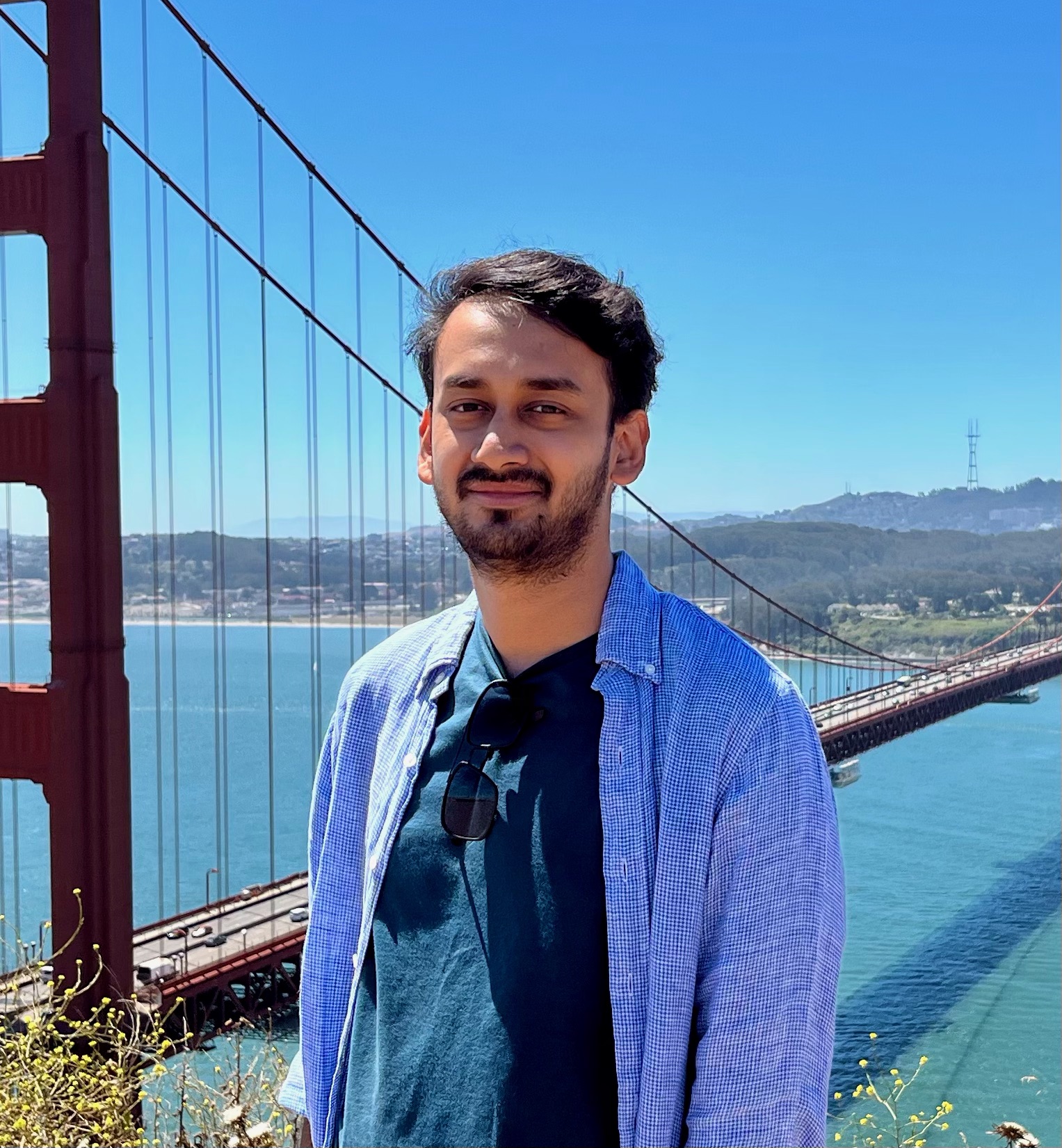 |
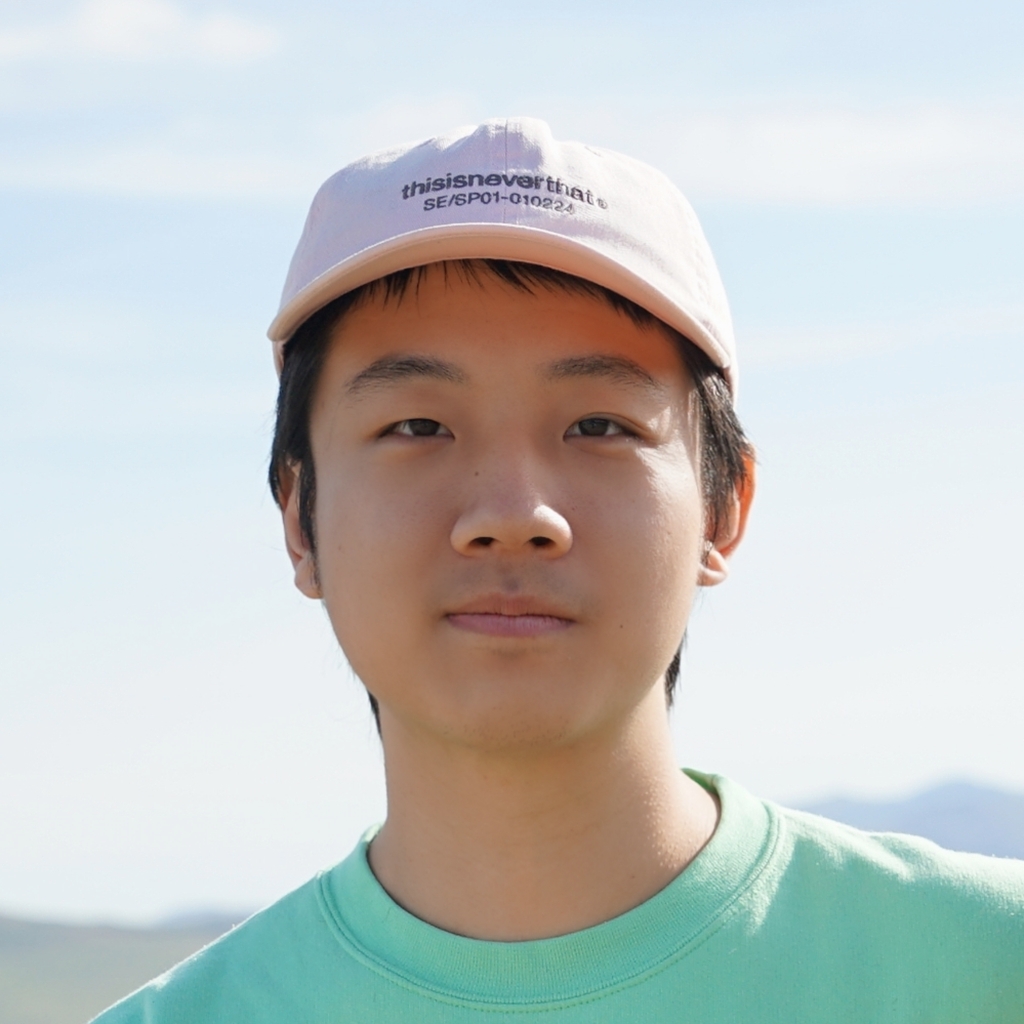
|
| Nafis Mustakin | Yuan Feng |
| Publication Chair | Web Chair |
| UC Riverside | UC Merced |
Program Committee
- Zhongliang Chen (AMD)
- Xulong Tang (U Pitts)
- Wenqian Dong (Florida International University)
- José L. Abellán (UCAM)
- Gunjae Koo (Korea University)
- Hoda Naghibijouybari (Binghamton University)
- Adwait Jog (William & Mary)
- David Kaeli (Northeastern University)
- Shi Dong (Cerebras)
